
Editor
When Maurício becomes a student at a top medical school, he becomes obsessed with a mystery linked to the dead bodies used for dissection.

Editor
In the 1990s, two brothers were accused of murdering eight women, one man and one child in the Serra dos Órgãos region. In the eyes of the suspects, Sergeant Téo realizes that the trial of the press, police and local society is fundamentally racist, and begins to have doubts about the conviction of one of them. Based on a true story, the film is a work of fiction about the famous case of the "Necrophil Brothers."
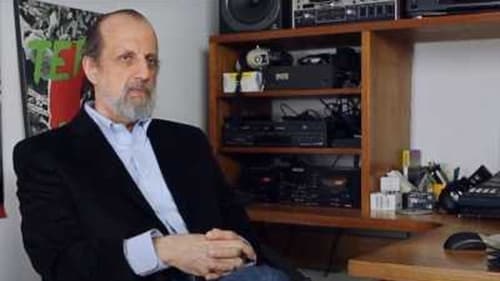
himself
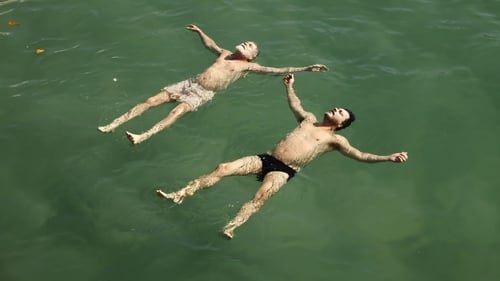
Editor
At 80, Polidoro decides to demolish the stability of his comfortable life as a retired judge and become owner of a strip club.
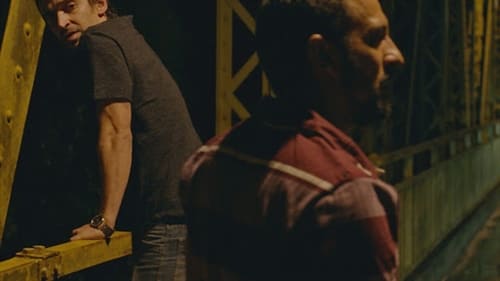
Editor
Luzimar cycles each day to and from work at the local cotton mill in his hometown of Cataguases, Minas Gerais, Brazil. He is a hard-working man, trying to make the most of what he has. One day, his childhood friend Gildo reappears, driving a fancy car and boasting of his successful life in São Bernardo do Campo, São Paulo. As the two sit down for a beer, memories, regrets and old resentments slowly resurface.

Editor
This fantastic documentary seeks to rescue the Brazilian prehistoric records through popular culture, folklore and legends connected to it. A look at the origin of Brazilian history led by real characters, elders of Brazil’s interior, who keep the myths that have been passed down for centuries in small social groups. With texts by Bernardo Silva Ramos, one of the pioneers in the discovery and interpretation of rock art.
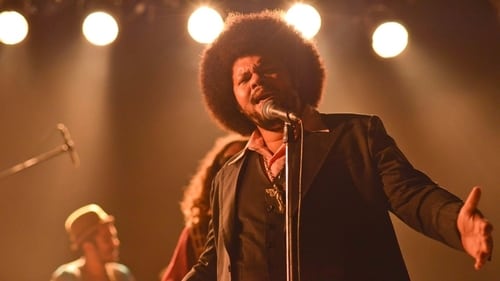
Editor
Biopic of Brazilian singer Tim Maia, from his childhood in Rio de Janeiro until his death at age 55, including his passage by the US, where he discovers a new style of music and is arrested for theft and drug possession.

Editor
Favela Gay tells the story of eleven individuals in their own words. Living in eight slums (favelas) in Rio de Janeiro, these members of the LGBTQ community – two transgender women, a crossdressing man, a travesti prostitute, a famous carnival dancer, two community activists, and even a young man who used to be transgender, but transitioned back – have fought prejudice and seen some of the most unsavoury sides of the city.

Editor
Kuduro (literally meaning 'hard arse') is an urban cultural movement that was born in Angola during the last decade of the Civil War. Created in discos and raves in downtown Luanda through a mixture between House and Techno beats and traditional Angolan rhythms, Kuduro spilled over from the center to the suburbs. It rapidly spread throughout Angola, through Africa and now all over the world. 'I LOVE KUDURO' follows the most idolized stars of this urban phenomena that today influences scores of young Africans.
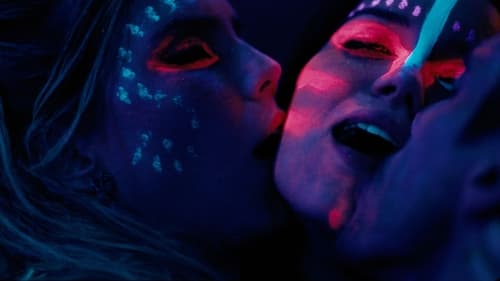
Editor
Erika es una DJ joven que va a un festival de música electrónica, acompañada de Lara. Allí, se encuentran con Nando en una noche de drogas, alcohol y experiencias que marcan la vida de tres jóvenes por siempre.

Editor
Luiz Mario, a São Paulo night-club impresario and a classic "bon vivant", is also an avid collector of love affairs. He is surrounded by all types of women, with whom he has torrid flings, but he is never able to emotionally involve himself. Until one day, while passing by Rio de Janeiro, he falls head-over-heels for the carioca Malu, who practically runs him over on her bike while riding down Leblon's beach bike path. The couple's fervent romance is abruptly thrown into disarray when an enigmatic love letter is discovered. From then on, the story between the two lovers is turned upside-down. Luiz Mario is consumed by jealousy and his emotions slowly seep into his relationship, destroying everything.
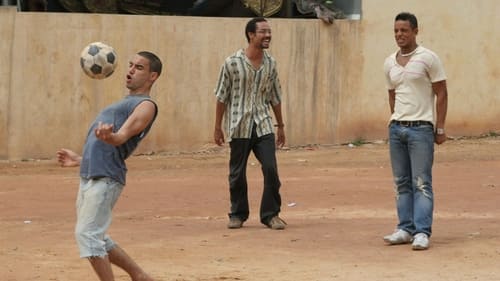
Editor
Three childhood friends plan meeting for a day in order to reassert their friendships and fight for their differences. One of them is involved with crime, one is a famous football player and the other struggles to maintain a middle-class lifestyle.

Editor
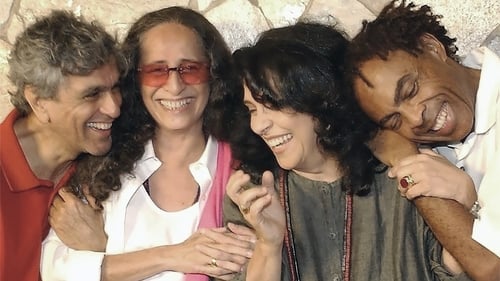
Editor
Almost thirty years after the first reunion of Doces Bárbaros (four of Brazil's major popular music stars: Caetano Veloso, Gilberto Gil, Gal Costa and Maria Bethânia), the artists involved decided to get together again for limited concerts in São Paulo and Rio de Janeiro, in December 2002. The film documents the group's live performances, rehearsals and interviews.

Writer
Almost thirty years after the first reunion of Doces Bárbaros (four of Brazil's major popular music stars: Caetano Veloso, Gilberto Gil, Gal Costa and Maria Bethânia), the artists involved decided to get together again for limited concerts in São Paulo and Rio de Janeiro, in December 2002. The film documents the group's live performances, rehearsals and interviews.












